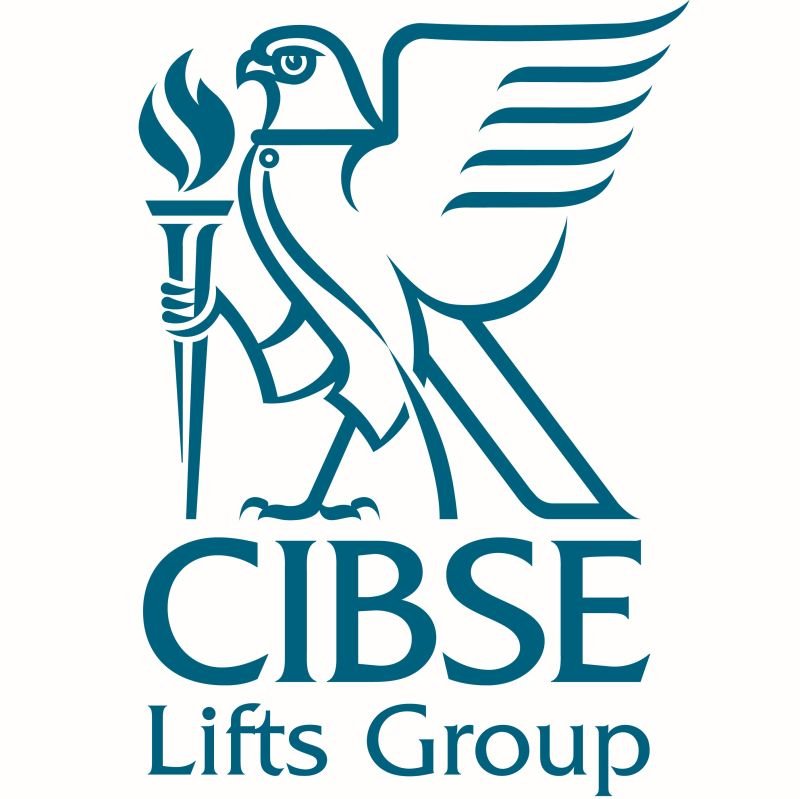Lift Industry Newsletter
October 2023
News from CIBSE
The CIBSE Lifts Group Annual Seminar 2023 is coming up soon!
This year’s CIBSE Lifts Group Annual Seminar is taking place on Thursday 2 November 2023. It will be held from 13:30-17:00 at CIBSE HQ, 222 Balham High Road, SW12 9BS.
At this seminar, CIBSE Guide D 2025 lead authors will review CIBSE Guide D 2020 and discuss changes being considered for the new Guide D 2025. Participants will be invited to ask questions and propose additional changes to the Guide.
Seminar Fee: £50 (Apprentices and Students £25). Click here to read the seminar agenda and get tickets.
CIBSE Lifts Group brings vertical transportation perspective at CIBSEBuild2Perform 2023
For B2P, the CIBSE Lifts Group will introduce two key topics to demonstrate the significant role Vertical Transportation play in building performance.
“Whole Life Carbon & Lifts –Modelling embodied carbon and operational energy”
Adam Scott of Sweco looks at the problems with, and techniques for getting real benefits in building performance.“Lifts and building safety - lifts for evacuation”
Nick Mellor Managing Director of The Lift and Escalator Industry Association (LEIA) explores the current and future development of standards describing evacuation lifts.
The event will take place on the 5th December 2023 at 11am in CPD Theatre 1
Click here to register.
CIBSE Facilities Management Group launch the newly updated CIBSE Guide M: Maintenance Engineering and Management
On Thursday 28 September, the newly updated CIBSE Guide M was published. Download your copy here.
Lead Author Joanna Harris and Guide M Chapter Authors David J Stevens and Geoff Prudence gave an overview of this new comprehensive resource that delves deep into the world of maintenance engineering, providing valuable insights and strategies for efficient facilities management.
Guide M Maintenance engineering and management is considered the ‘go to’ guide for the facilities management industry. Everything you need to know about operating building services is introduced and explained in this guide, and references to more in-depth resources are also provided. The guide is based on UK best practice and has been updated for this third edition by volunteers, who each led on a chapter, or two, where they have knowledge of the subject and industry experience.


